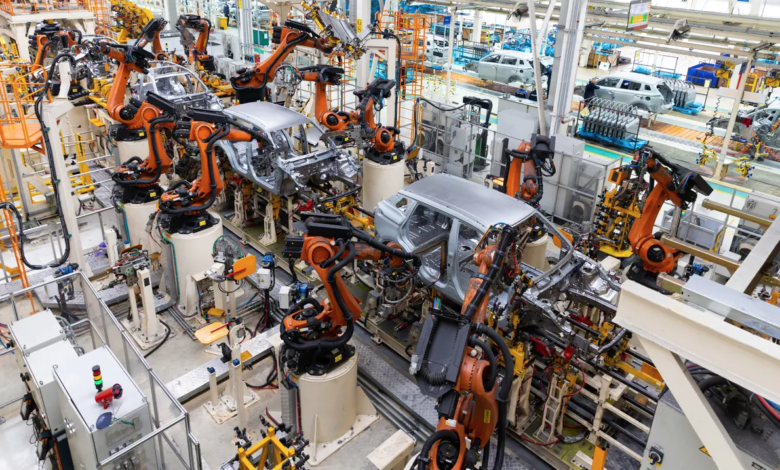In the EVs hides the key to halve the need for Critical minerals for the transition
Rethinking the size, range and chemistry of electric cars can cut the need for critical minerals for transition
(sustainabilityenvironment.com) – Europe is poor in raw materials, especially minerals critical for the transition. Brussels is gearing up to increase its strategic autonomy and avoid too much dependence on China. But increasing domestic production and increasing recycling are not the only solutions. Taking action in the field of electric cars, one of the most greedy sectors of these minerals, could cut demand by up to 50% by 2050.
How? With a combination of measures that includes reducing the size of batteries (and therefore also of cars), improving their technology, and reducing travel with private cars. In this way, overall, the need for critical minerals for the transition could fall by 36-49% by mid-century. The first measure is that with the greatest impact: alone it would cut the question of 19-23%. A study published by Transport & Environment states this.
Specifically, the demand for lithium could drop by 37% and about half of this cut could be obtained by producing smaller electric cars. For nickel the possible reductions are 49%, for cobalt 43% and for manganese 36%.
Smaller electric cars, being lighter, would be ideal for using batteries with less resource-demanding chemistry, especially sodium-ion batteries, while ensuring sufficient autonomy. However, “while the first models with this chemistry will be sold in China from 2023 (for example the BYD Seagull), there are no commercial plans in Europe. It is crucial that European companies enter this sector quickly“, reads the report.
read also The critical minerals gap is less scary: production boom in 2022
According to Julia Poliscanova of T&E, “If we really want to avoid repeating the mistakes of insatiable dependence on oil, resource efficiency must play an important role. In a world where supply is limited, smaller electric cars are not only an environmental obligation, but also a sound economic and industrial policy”.






